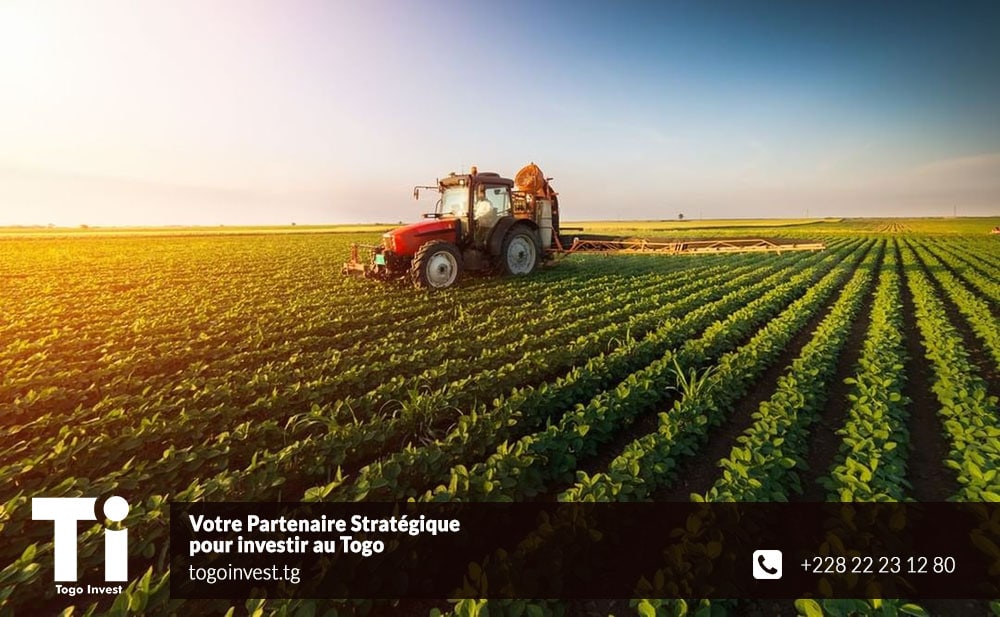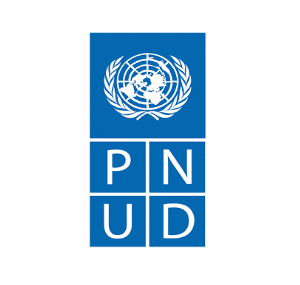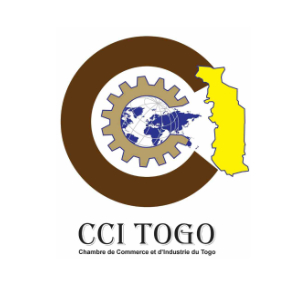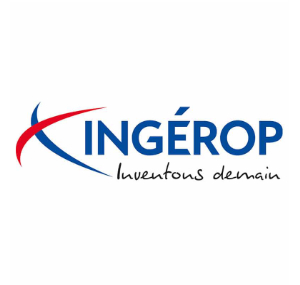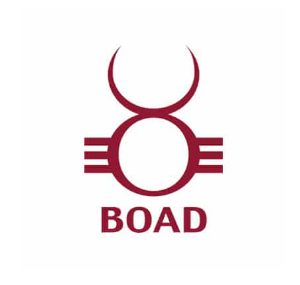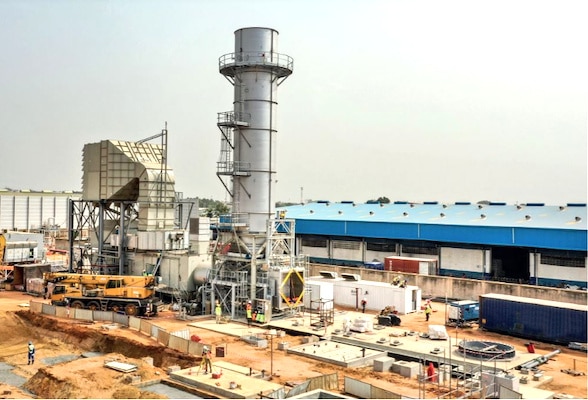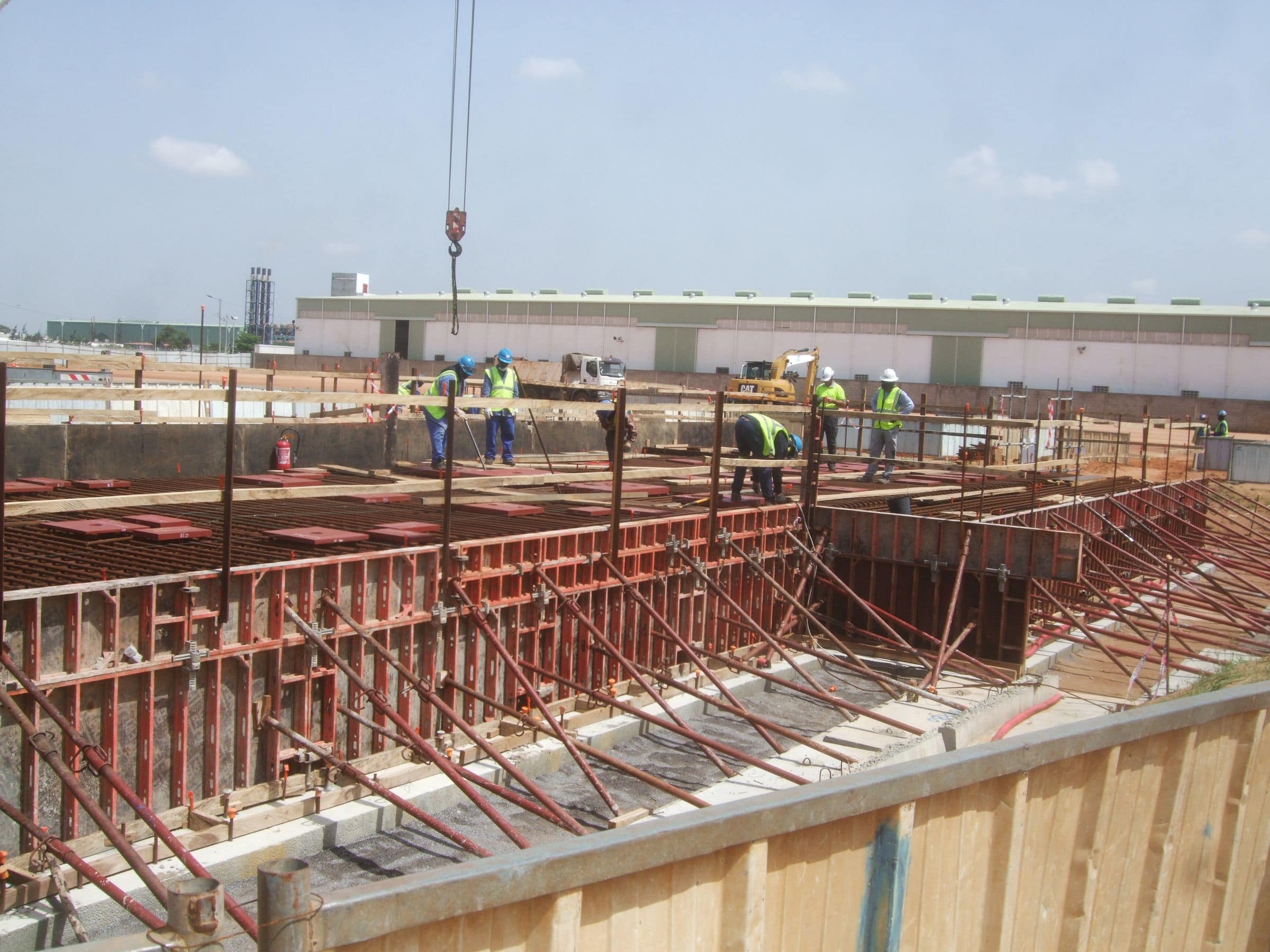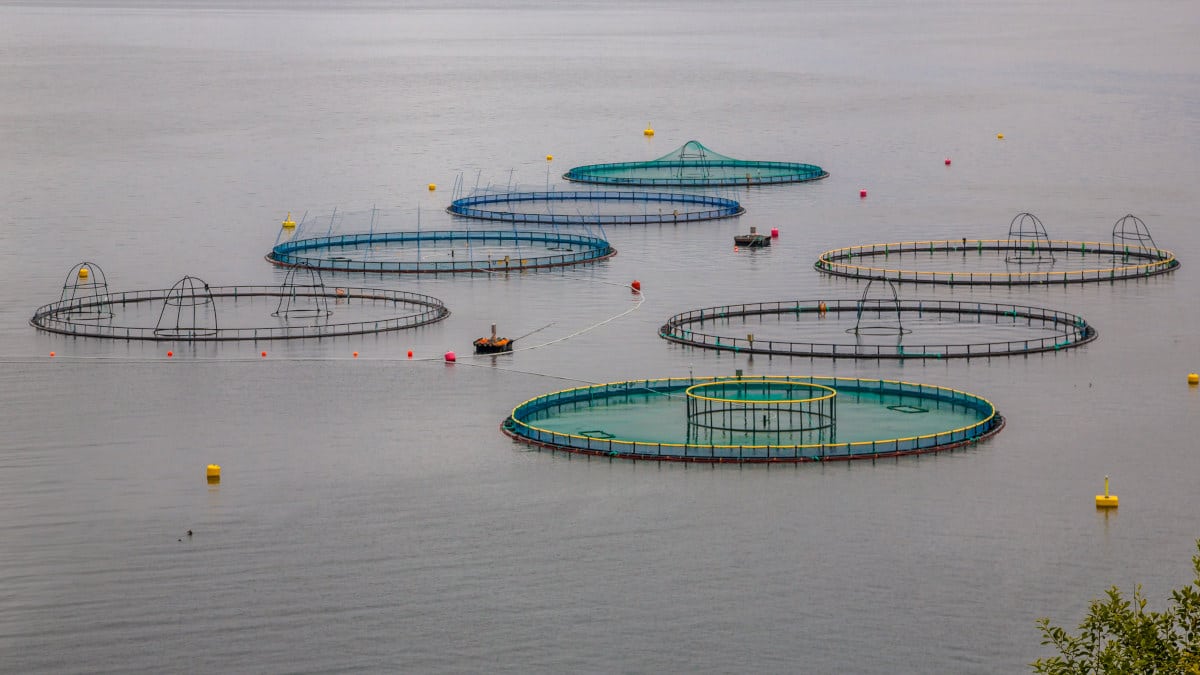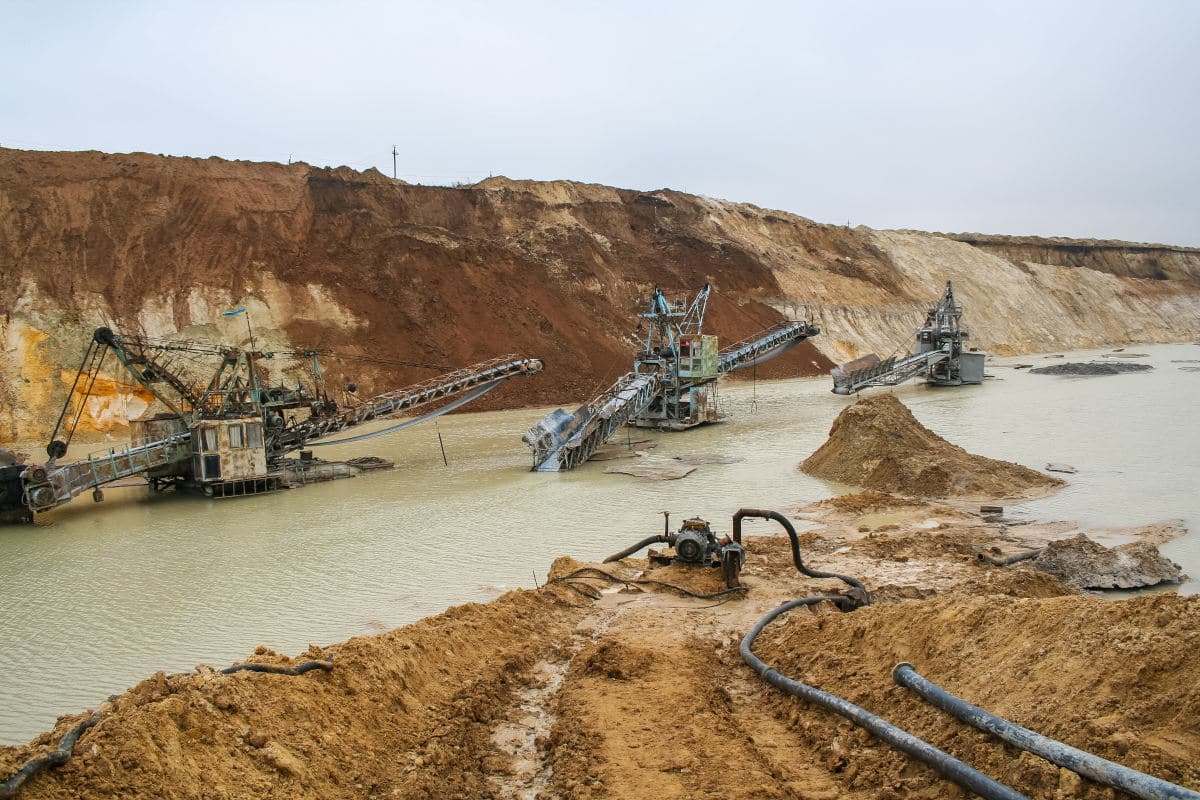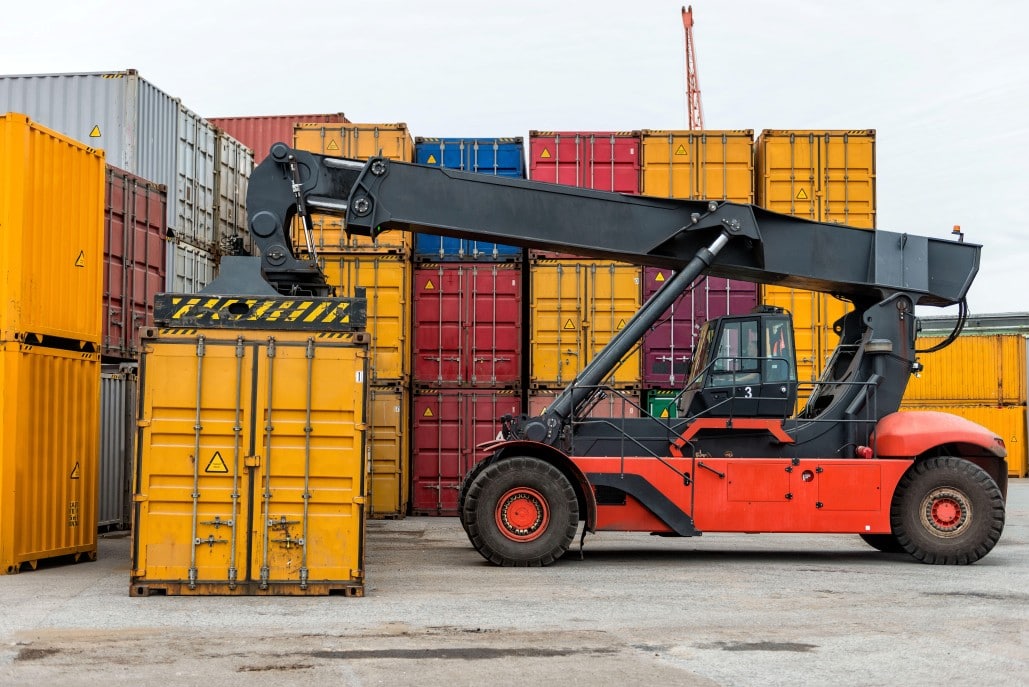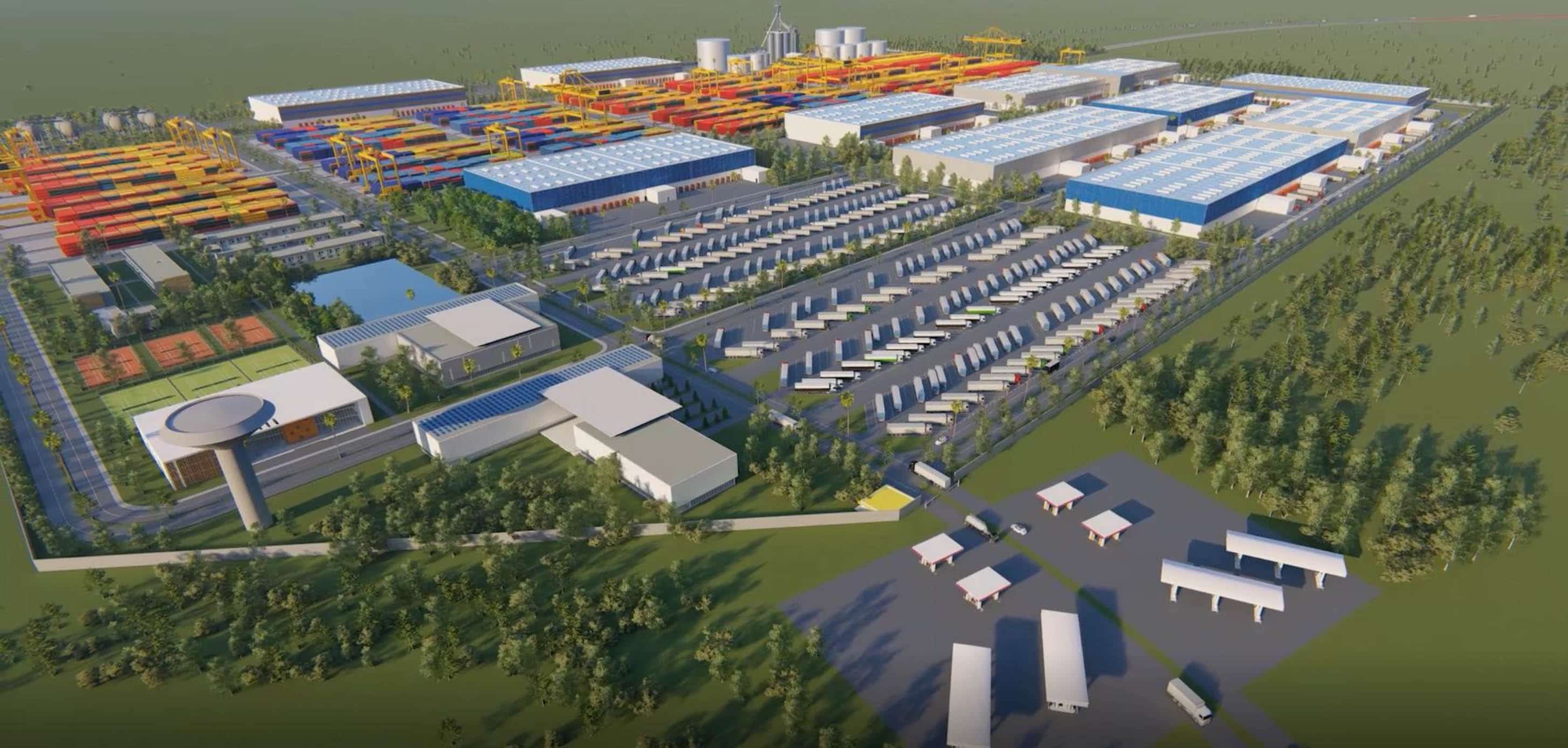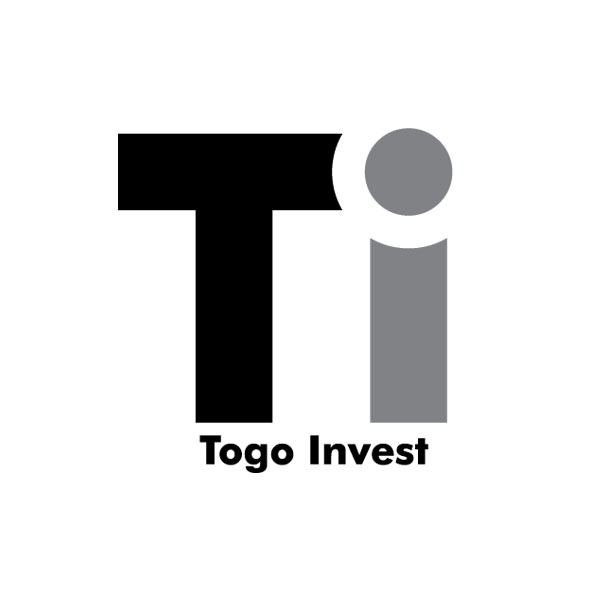With 40% contribution to GDP in 2018, agriculture contributes significantly to the Togolese economy and occupies 54% of the active population. From 1995 to 2012, the rural population increased from 2,808,607 to 3,843,049 inhabitants, an average annual increase of 1.93%. The agricultural population has experienced almost the same level of growth (1.92%). As for the active agricultural population, the growth rate observed is 1.14%.
This agricultural population, the main producer of production, is unequally distributed spatially: maritime region 20.8%, plateaux region 31.1%, central region 12.2%, Kara region 16.1% and region savannahs 19.9%, according to the statistics of 2012.
Togolese agriculture is characterized by a multiplicity of economic activities in agricultural households. Most households associate farming with livestock and other income-generating activities. More specifically, 70.1% of households associate agriculture with livestock and only 14.3% of households practice agriculture exclusively.
Based mainly on cereals, fruits, vegetables, legumes, oilseeds, Togolese agriculture diversifies through its production but also the pairing of agriculture and livestock in places.
Several projects and programs have been put in place by the Togolese government to increase agricultural yields.
Launched in 2011, the PNIASA, funded to the tune of 600 billion FCFA, has favored the creation of jobs and wealth in the agricultural sector. It includes the Agricultural Development Support Project in Togo (PADAT), the Agricultural Sector Support Project (PASA) and the Agricultural Productivity Program in West Africa in Togo (PPAAO-Togo).
The most recent instrument, the Incentive Mechanism for Agricultural Financing (MIFA), launched in June 2018, is intended to increase the banking sector’s commitment to the agricultural sector by increasing the volume of loans and lowering interest rates. One million producers could benefit by 2021. The MIFA thus seeks to create optimal conditions for the mobilization of private financing, based on agricultural value chains.
Several business opportunities exist in the Togolese agricultural sector, on which the Togolese government is focusing today to boost the sector. The creation of the agropoles is one of the ways adopted by the Togolese government outside the financing of agricultural projects.
By definition, the agropolis is “an area of activity for agriculture or agroindustrial and logistics, which includes several players of varying size and technical and technological level, evolving on one or more targeted agricultural sectors.”
Axis 2 of the National Development Plan (PND) 2018-2022, relating to the development of agricultural, manufacturing and mining processing poles is devoted to agriculture and the establishment of agro-industrial processing units. It is this axis that refers to the project of creation of the agropoles.
Ten (10) agropoles of which three (3) are in the implementation phase, Oti, Haut Mono and Kara (pilot agropolis) are scheduled to be built in Togo in this quest for modernization of agriculture.
Estimated at about 64 billion FCFA and supported by the African Development Bank (ADB), the agropolis of Kara, whose implementation should be completed by the end of 2022, is the pilot phase of a project to structurally transform agriculture. Togolese with a focus on the export of processed products on the spot.
As part of the work to be undertaken, it includes the development of the agro-park (VRD, housing estate, various buildings); the construction of two treatment plants for drinking water supply and purification; the construction of ten agricultural processing centers and the construction of a dam (B4 / Agroparc).
Implanted and active, agropoles will impact the achievement of food security by increasing agricultural production and distribution, contribute to poverty reduction by generating income from agro-industrial development and job creation. . Also, they will assist in the creation and development of agro-industries in rural areas and throughout the country by increasing domestic production, consumption and investment.
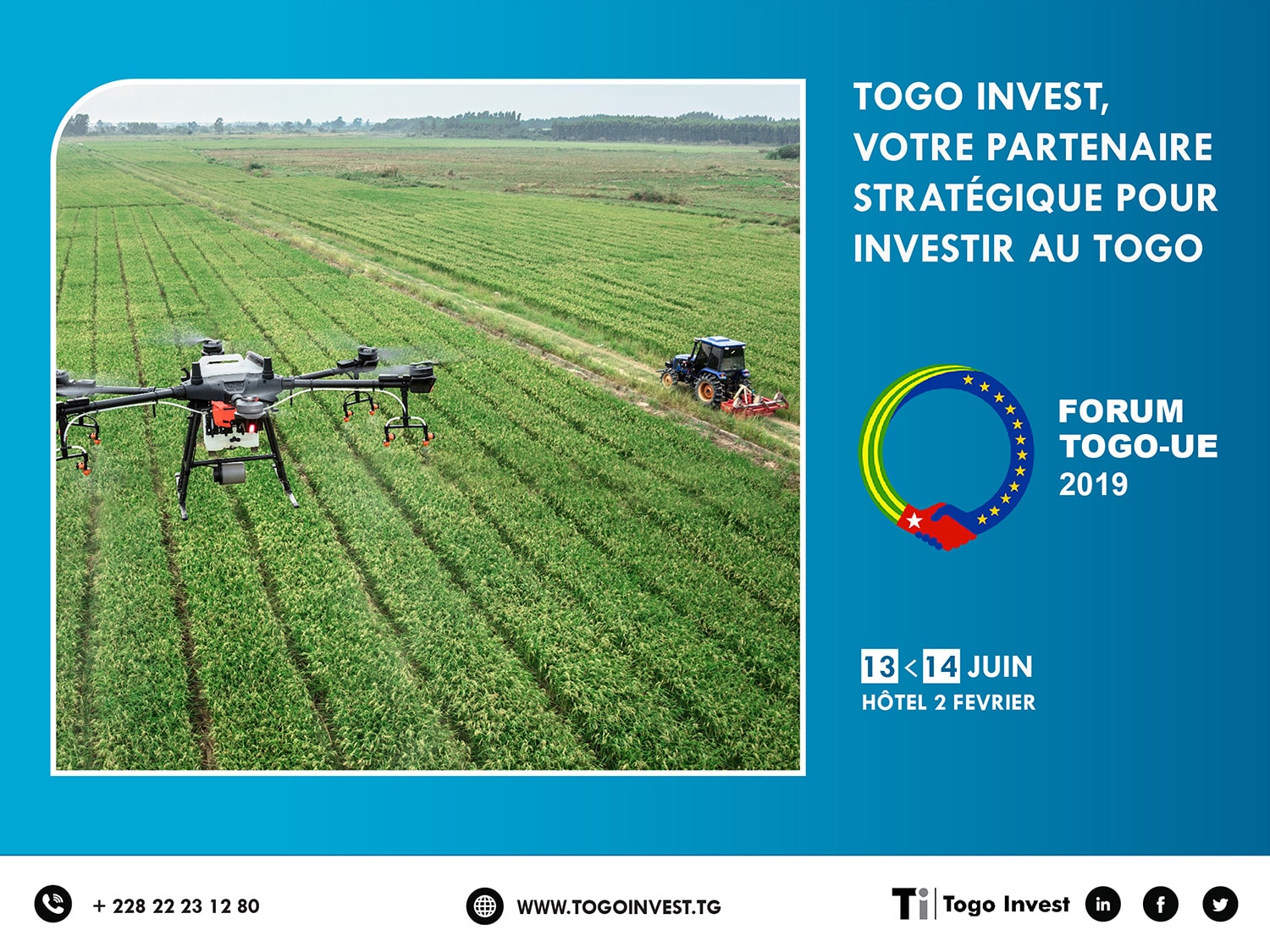
The institutional framework of these agropoles is managed by the Agency for Promotion and Development of Agropolises in Togo (APRODAT), created by decree taken in February 2018 and intended for the promotion in all its forms of agropoles.
The agropolis of Kara alone projects through its “Agroparc” the processing of 90,000 tons of rice per year, 15,000 tons of corn feeds and 10,000 tons of soybeans. While the annual processing level is envisaged at 10 000 tonnes for sesame, it should be 20 000 tonnes per year for the cashew nut.
Togolese agriculture now relies on the development, construction and equipment of “its” agropolises to find a place in the subregion and internationally.

